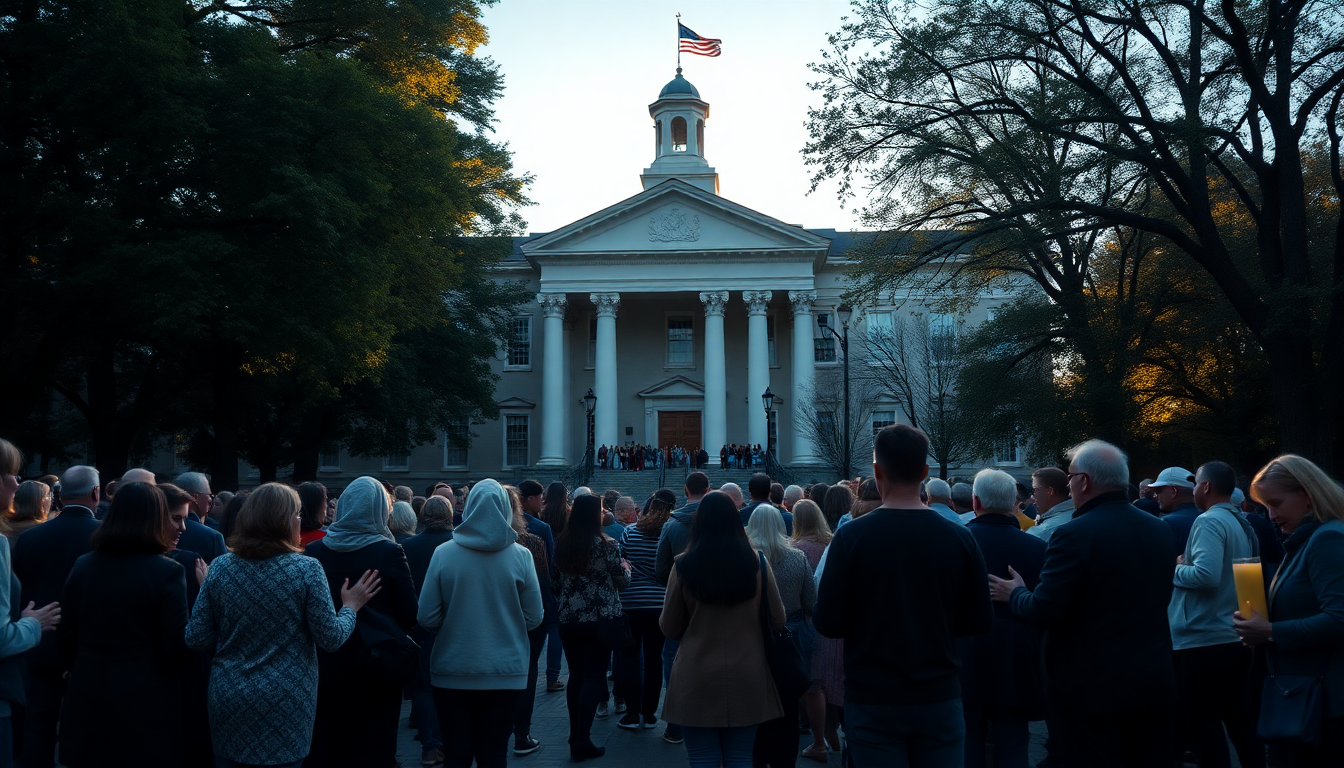Table of Contents
In a world where bureaucracy often seems heartless and indifferent, the City Council’s recent unanimous vote is a flickering flame of hope. They endorsed a proposed change in state law that would finally allow the children of a murdered NYPD officer to receive her pension. The backdrop? A tragic story of loss, obligation, and the relentless fight against a system that, for too long, turned a blind eye to the needs of those left behind.
A mother’s legacy
Genesis Villella, the daughter of Miosotis Familia who was brutally gunned down in 2017, stood before the council, embodying the spirit of a fighter. “My mom embodied the American dream,” she proclaimed, a bittersweet reminder of what was lost. She had adopted her younger siblings after their mother’s death, a heavy mantle to bear at just 17. Imagine the audacity of a system that not only failed to protect her mother but also sought to erase the very existence of the children she left behind. What kind of twisted law overlooks the needs of children while showering benefits on spouses and parents? It’s an absurdity that screams for reform.
The cruel oversight
The dilemma is rooted in an archaic state law that generously provides lifetime pensions to the spouses and parents of law enforcement officers killed in the line of duty but leaves the children in the cold, like yesterday’s leftovers. What were they thinking? The new proposal aims to amend this glaring oversight, allowing children under 25 to receive accidental death benefits for the entirety of their lives. But, of course, this requires the local government’s blessing first—because clearly, the voices of the affected don’t carry as much weight as the bureaucratic red tape.
From tragedy to action
Council Majority Leader Amanda Farias, who spoke passionately during the press briefing, highlighted the absurdity faced by young people like Genesis. “They shouldn’t have to take on the impossible and then be told they’re invisible by the law,” she emphasized, as if the very fabric of justice wasn’t already fraying to the point of breaking. This is not just about the pension; it’s about recognition, validation, and finally, some semblance of justice for the families who have suffered unimaginable losses.
Living the promise
Villella’s journey has been a grueling one, marked by heartbreak and responsibility. “When I was 17, my mom made me promise her that I would take care of my brother and sister if anything were to happen,” she recalled. A promise made under the shadow of danger, yet here she stands, years later, fighting against a law that should have been a safety net, not a hurdle. The tragedy that forced her to abandon her education to raise her siblings is a poignant reminder of the sacrifices made in the wake of violence.
Hope on the horizon
Wednesday’s council vote is just a step in a long journey, but it’s a significant one. Villella’s siblings are now enrolled at Marist College, and she has fought tooth and nail to provide for them, often facing financial struggles due to the existing law that cut off benefits at 21. But with this new proposal inching closer to reality, there’s a glimmer of hope that the orphaned children of fallen officers will finally receive the support they rightly deserve. “Now the orphaned children who had no one are going to be receiving the death benefits for the rest of our lifetimes,” she declared, a statement that rings with the weight of hard-won victory.
What’s next?
The fight isn’t over yet. The law must now garner approval from Albany, but one can only hope that the voices of those affected will resonate louder than the echoes of outdated legislation. The children of police officers shouldn’t have to navigate a minefield of bureaucracy just to claim their rightful benefits. They deserve better. They deserve recognition. But will the powers that be listen? Or will they allow this moment to slip through their fingers like so many others before it? Only time will tell, but for now, the fight continues.


